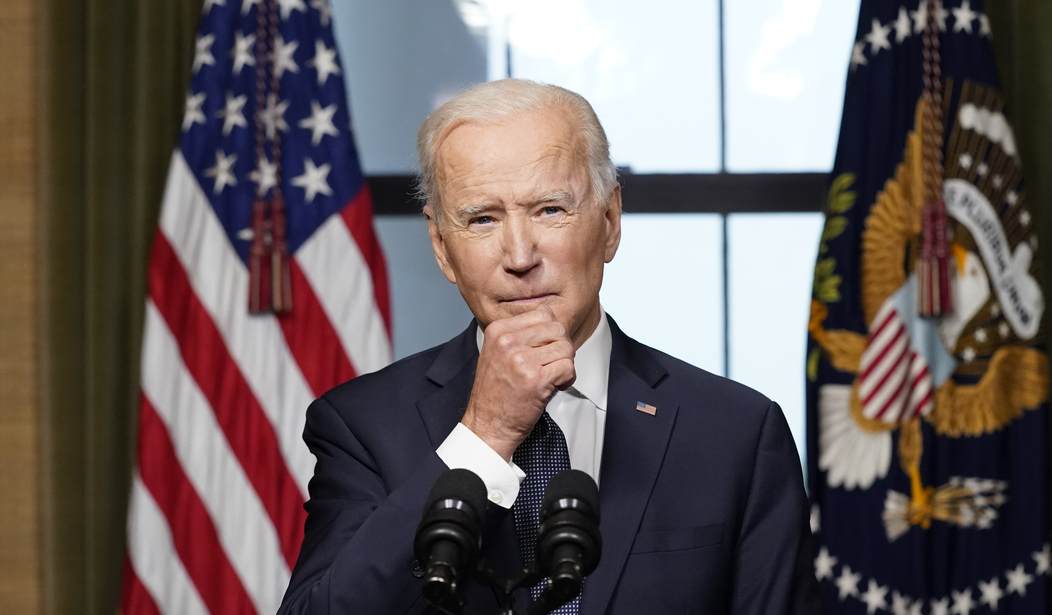We’re now more than 100 days into the Biden administration and while there’s been a lot of talk about what the administration has planned for their term, one major piece of legislation has already been passed and signed into law. The American Rescue Plan Act (ARPA), also known as the COVID-19 Stimulus Package, was signed into law on March 11, 2021 and features a wide array of provisions ranging from direct payments to many Americans to extending expanded unemployment benefits. All total, the provisions added up to a price tag of $1.9 trillion of new government spending.
In addition to the direct payments and extending of unemployment benefits, the American Rescue Plan Act (ARPA) contained several provisions relating to healthcare. A few of these healthcare provisions included increasing the health insurance subsidies for low-income households, limiting the cost of premiums for the affluent to 8.5% of the household income, and automatic qualification for subsidies for anyone who qualifies for unemployment or has COBRA coverage. Like many of the provisions of this law, these appear to be part of the continued efforts to increase government involvement in more and more aspects of our lives.
Since the passage of the Affordable Care Act in 2010, government involvement in the healthcare of Americans has been increasing. That bill, signed into law by President Obama, required every American to have a qualified healthcare plan or face financial penalty. For many Americans, this meant paying a higher monthly price than they had been paying previously. But there was one part of the law that allowed many Americans to retain freedom when it comes to their healthcare.
A little-known exemption included in the Affordable Care Act allowed organizations known as healthcare sharing ministries to continue operating if they had been established prior to 1999. While many Americans are not familiar with the concept of healthcare sharing, the concept has been effectively providing Americans from all across the nation with access to the healthcare they need. This method of paying for medical expenses allows members to make a monthly contribution which is used to pay the medical expenses of fellow members. Those fellow members’ monthly contributions are then used to pay the medical expenses of the aforementioned member when they submit an expense. And since the passage of the Affordable Care Act, healthcare sharing has grown in popularity with over one million Americans currently holding membership in one of the several active healthcare sharing ministries.
Recommended
One healthcare sharing ministry that has been experiencing recent growth is Share HealthCare, which has several unique features that help set it apart from other ministries in the healthcare sharing space. The main distinguishing feature that sets Share HealthCare apart is their state-of-the-art direct member-to-member sharing technology. This innovative technology allows real-time sharing of medical expenses directly between members, instead of the funds being pooled in a centralized account like the majority of healthcare sharing ministries. This allows the members of Share HealthCare to have completely transparency of where their monthly contributions are going and for what they are being used.
As part of this innovative approach to healthcare sharing, each Share HealthCare member creates a FDIC-insured bank account specifically linked to their Share HealthCare membership. Each month, when the member makes their monthly contribution, that contribution is deposited into their bank account. As medical expenses are submitted by fellow members, funds are shared from the bank accounts of various members to share towards the medical expense. This approach allows Share HealthCare to truly be a community of like-minded Americans coming together to take charge of their healthcare.
Another feature that makes healthcare sharing ministries such as Share HealthCare popular with many Americans is their Christian principles. A perfect example of the Christian principles of Share HealthCare can be seen in their Member Handbook, where they have a section entitled “The Shared Beliefs of Share HealthCare Members”. This section must be agreed to by each member who joins and contains several Bible verses that make up the core beliefs of Share HealthCare. Included in these beliefs are the beliefs that we are called to care for one another and also care for our own bodies.
As our federal, state, and local governments continue to attempt to force us all to keep our Christianity hidden and to ourselves, Share HealthCare and other healthcare sharing ministries offer a way to incorporate Christianity into an aspect of your life where you may not have thought it was possible anymore. And not only does Share HealthCare offer a way to incorporate Christianity into your healthcare, but they do so with an affordable monthly contribution amount.
Share HealthCare offers three sharing levels for members to choose from, allowing members to choose the sharing level that best suits their situation. With membership in Share HealthCare starting as low as $149 per month for a single and $349 for a family of four, this healthsharing program costs less than many of the insurance programs offered on the government’s healthcare marketplace, even with the newly added subsidies. Plus, you don’t have to sacrifice your personal freedom or compromise your Christian values to choose what is best for you as it relates to your healthcare.
If you’ve been looking for a way to keep Christianity in your healthcare while keeping the government out, you may want to consider checking out Share HealthCare. You can learn more about Share HealthCare or start your membership process today by heading to their website or giving them a call today at (844) 742-7342.
























Join the conversation as a VIP Member